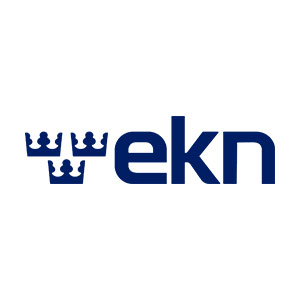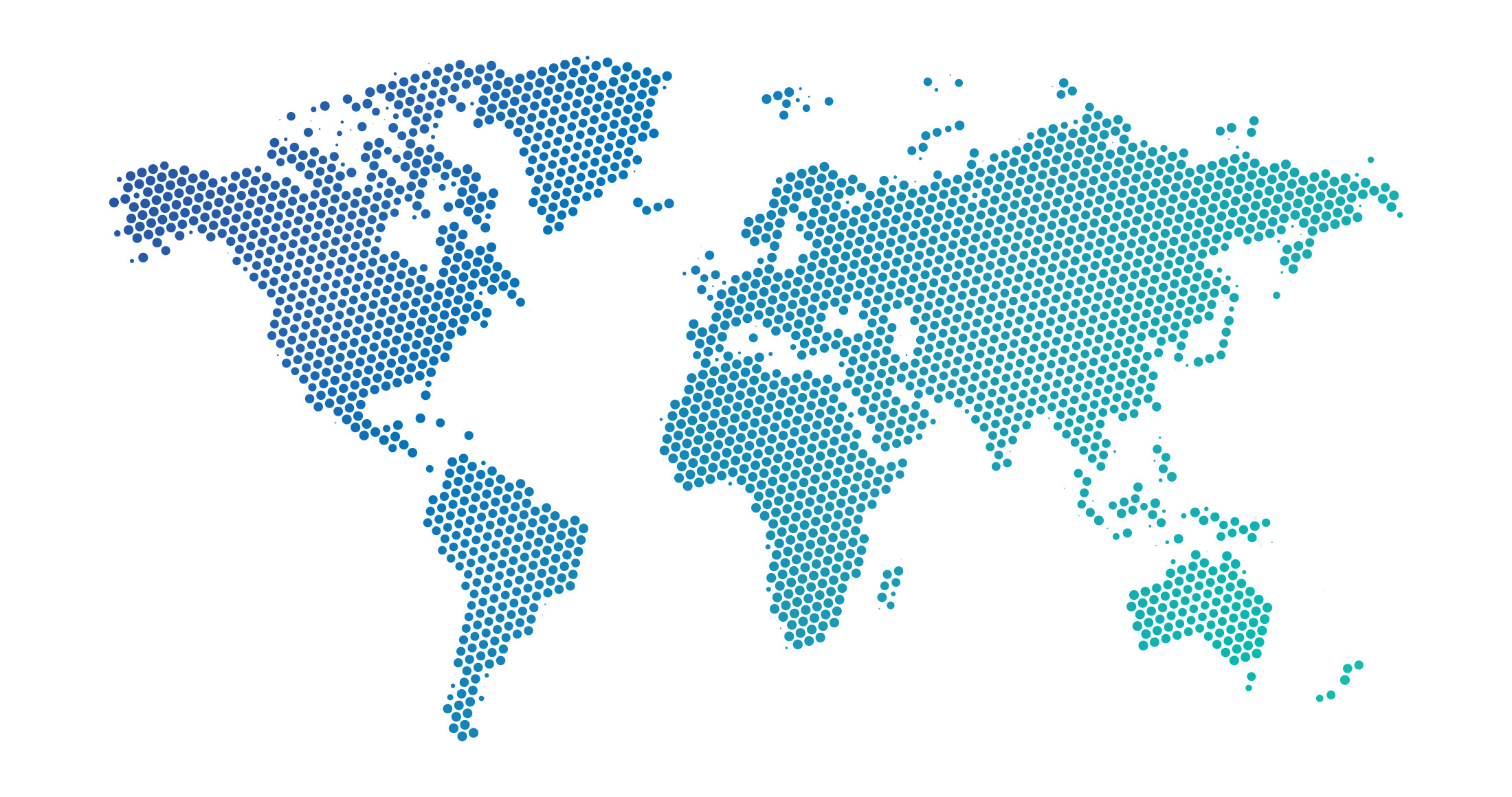
Published
- Press releases
New Country Risk Classifications following OECD meeting
Georgia, Montenegro and Oman have new country risk classifications following the latest OECD meeting.
Georgia was upgraded to country risk class 5, from 6. The main arguments for the upgrade are the strong economic recovery in the country in 2022-2023. Public indebtedness is low and the government's interest costs are low. The geopolitical and domestic political risks, which are the biggest risks, are also taken care of in country risk class 5. The recognition of Georgia as an EU candidate in December 2023 provides the conditions for continued reforms in the right direction.
Montenegro was upgraded to country risk class 6, from 7. The main arguments for the upgrade are that the economy and national debt are moving in a positive direction. Government debt has decreased relatively quickly, from 100% of GDP in 2020 to 66% in 2023. The government has low interest costs in relation to budget revenues and foreign direct investment that covers the current account deficit. The country has had a new government since autumn 2023, with a stated ambition to resume the process of EU membership.
Oman was upgraded to country risk class 4, from 5. The change in country risk class is mainly motivated by the country's improved public financial position with a falling government debt (as a share of GDP) via steady budget surpluses which also lead to strengthening of the current account and savings. In recent years, the country's government has also prioritized the work with reforms that will strengthen long term competitiveness and grow potential. Overall Oman's capacity is therefore assessed to best correspond to country risk class 4.

More reading

Countries & country risk analyses
EKN monitors developments in the countries of the world and assesses the risk of payment problems.
Countries & country risk analyses
About country risk assessment
For each guarantee application, EKN makes an assessment of the risk of non-payment in the associated transaction. This is how it works.
About country risk assessment